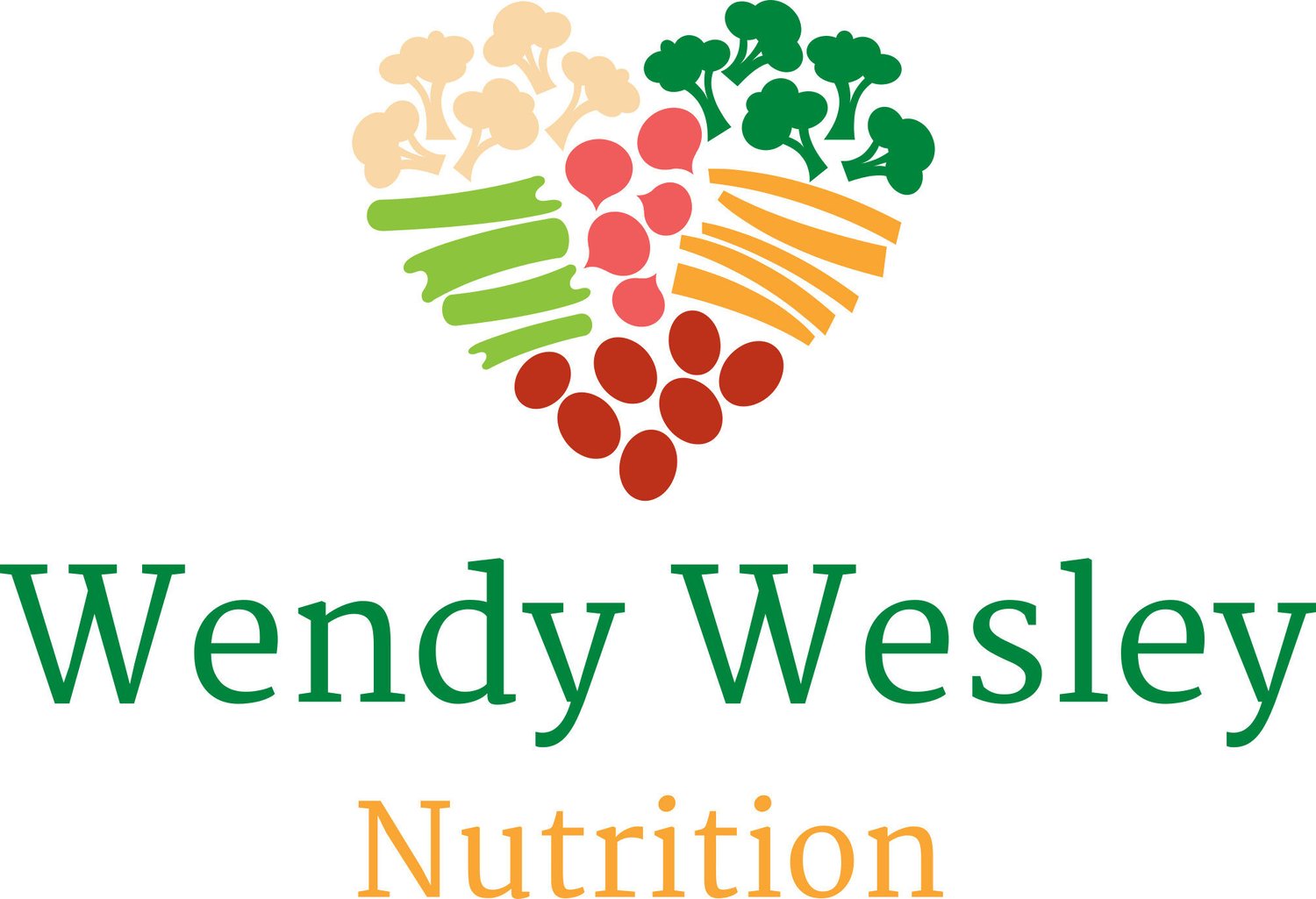"Eating within your values" typically refers to aligning your dietary choices with your personal beliefs, ethics, or health goals. It involves making food choices that are consistent with your values and priorities. Here are a few common ways people might interpret and apply this concept:
Ethical values: Some individuals may choose to follow specific diets, such as vegetarianism or veganism, due to ethical concerns about animal welfare or environmental sustainability. Eating within their values means avoiding animal products or choosing products that come from ethical and sustainable sources.
Health values: For others, eating within their values might involve prioritizing their health and well-being. They may focus on consuming nutrient-dense foods, avoiding processed or unhealthy options, and managing portion sizes to maintain a healthy weight and support their overall well-being.
Cultural or religious values: Certain cultures or religions have dietary guidelines or restrictions. Adhering to these guidelines is a way of eating within one's values, as it reflects their cultural or religious beliefs and practices.
Sustainable and local choices: Some people may prioritize locally sourced or sustainable foods to minimize their ecological footprint. This aligns with their values of environmental conservation and support for local communities.
Food allergies and intolerances: For individuals with food allergies or intolerances, eating within their values means avoiding foods that may cause adverse reactions and choosing safe alternatives that meet their nutritional needs.
Social values: Some people may place importance on sharing meals with family and friends, fostering social connections, and supporting local businesses and food producers. Eating within their values may involve cooking and eating together, patronizing local restaurants, or participating in community food events.
To eat within your values, it's essential to be mindful of the food choices you make and their implications. Reflect on what matters most to you and how your dietary decisions can align with those values. It's also a good idea to educate yourself about various food options, their sourcing, and the potential impact on your health and the environment. Remember that individual values and priorities can vary widely, so what matters most to one person might be different from another. The key is to make informed and conscious decisions about your food choices that resonate with your values and contribute to your overall well-being.

